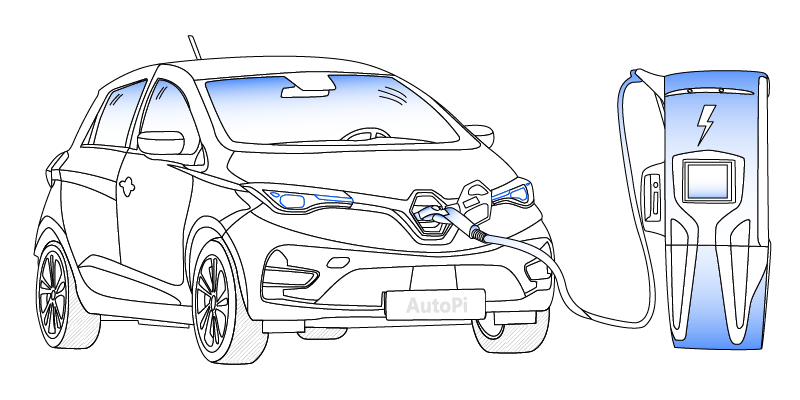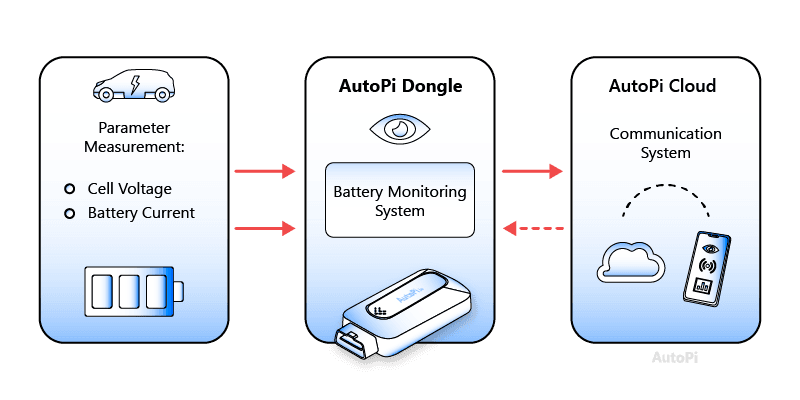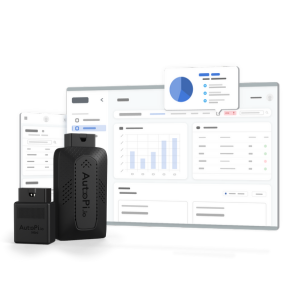The era of electric vehicles (EVs) has brought with it a groundbreaking innovation: EV Smart Charging
This technology is not just a leap forward in eco-friendly transportation; it's a game-changer in how we manage and optimize our electric vehicle's energy usage.
Whether you're a new EV owner or a seasoned enthusiast, understanding EV Smart Charging is key to maximizing your vehicle's potential.
So, let's embark on this electrifying journey and uncover the secrets of smart charging!
What is EV Smart Charging?
EV Smart Charging refers to the intelligent charging of electric vehicles, where the charging process is optimized based on various factors like grid capacity, energy rates, and the vehicle's needs.
This technology ensures efficient energy use, reduces costs, and minimizes the impact on the electric grid.
Unlike conventional charging, smart charging allows your EV to communicate with the charging network, making the process more dynamic and efficient.

How does Smart Charging work?
At its core, EV Smart Charging involves a two-way communication system between your electric vehicle and the charging station.
This system allows the power supply to be adjusted based on real-time data.
For example, during peak hours when electricity demand is high, the system can reduce the charging rate to ease grid stress. Conversely, it can accelerate charging when demand is low, ensuring your EV is charged quickly and cost-effectively.
Tracking Smart Charging with AutoPi
While understanding EV Smart Charging is one thing, effectively managing it is another.
This is where the AutoPi device comes into play. AutoPi, a sophisticated EV telematics unit, allows you to monitor and control your EV's smart charging process seamlessly, through the AutoPi Cloud.
Imagine being able to check your charging status, set charging schedules, and even control charging remotely via your smartphone. With AutoPi, all of this is possible.

Example of Smart Charging With Telematics:
-
Step 1: Setting Up AutoPi
-
John installs the AutoPi device in his electric vehicle. This is a straightforward process where he connects it to the car's OBD-II port, enabling communication between the vehicle and the device.
-
-
Step 2: Accessing the AutoPi Cloud
-
John uses his smartphone to access the AutoPi Cloud via a web browser. He logs into his account, where he can view and manage information related to his EV's smart charging.
-
-
Step 3: Real-Time Monitoring
-
Through the AutoPi Cloud, John can monitor the charging status of his EV in real time. He sees detailed information on his phone about the current charging rate, battery level, and other relevant data.
-
-
Step 4: Manual Adjustments
-
John uses the information available to manually optimize his charging times. For instance, he may choose to plug in his EV during off-peak hours based on the insights he gets from the AutoPi Cloud.
-
-
Step 5: Tracking Charging History
-
John also uses the AutoPi Cloud to track the history of his charging sessions. This data helps him understand his charging patterns and make informed decisions to maximize efficiency.
-
-
Step 6: Enjoying Enhanced EV Experience
-
With the insights and controls provided by AutoPi Cloud, John enjoys an enhanced EV experience. He feels more connected to his vehicle and is better equipped to make decisions about charging, contributing to both cost savings and efficient energy use.
-
This revised example focuses on the actual capabilities of our EV fleet sustainability solution, highlighting how it can enhance an EV owner's experience through real-time monitoring and data analysis.





